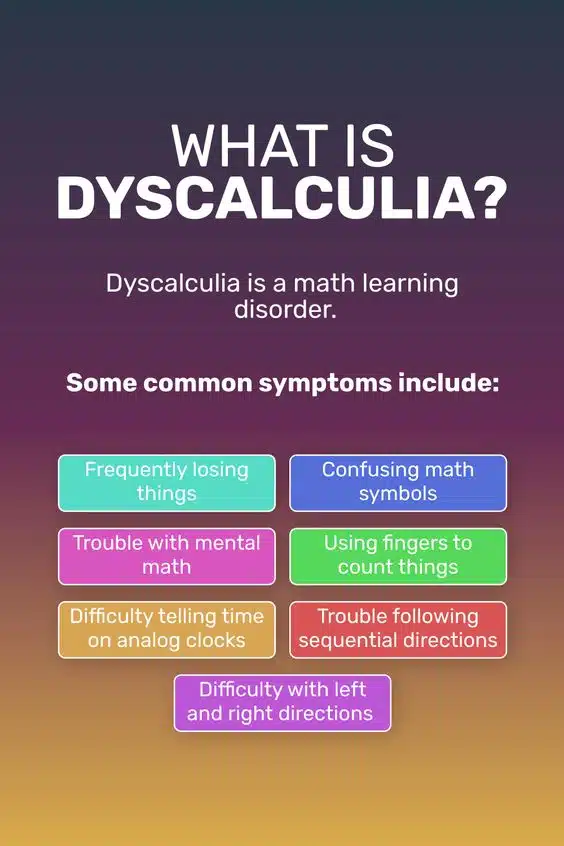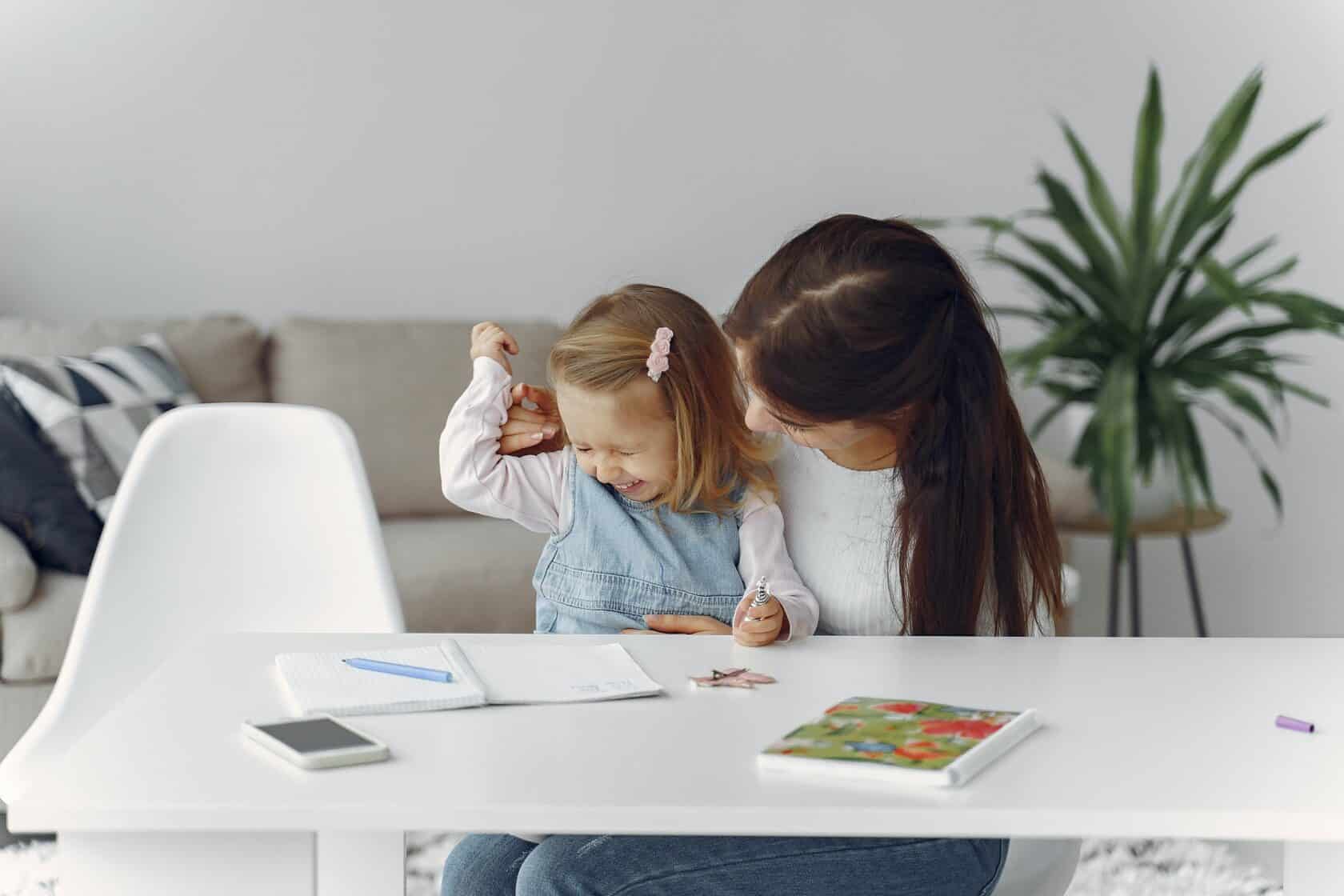The symptoms of learning disability can vary, but they generally involve difficulties in specific areas of learning. Here are some common signs to watch out for:
- Reading difficulties: Trouble with reading fluency, comprehension, or recognizing words.
- Writing challenges: Difficulty with spelling, grammar, organizing thoughts, and expressing ideas in writing.
- Math struggles: Problems with understanding and applying mathematical concepts, memorizing basic facts, and solving math problems.
- Attention issues: Difficulty staying focused, being easily distracted, or exhibiting impulsivity.
- Memory problems: Trouble retaining and recalling information, especially when it comes to instructions or sequences.
If you or your child experience these challenges, seeking support from professionals can lead to effective strategies and interventions that can help overcome these difficulties. Goally, the tablet solution, supports kids with learning disability through interactive apps for life and language skills development. It includes digital visual schedules, AAC, gamified learning, emotional regulation training, and social skills videos. With Goally, children with learning disabilities receive targeted support for growth.
This post was originally published on Feb. 2, 2023. It was updated on July 8, 2023.











